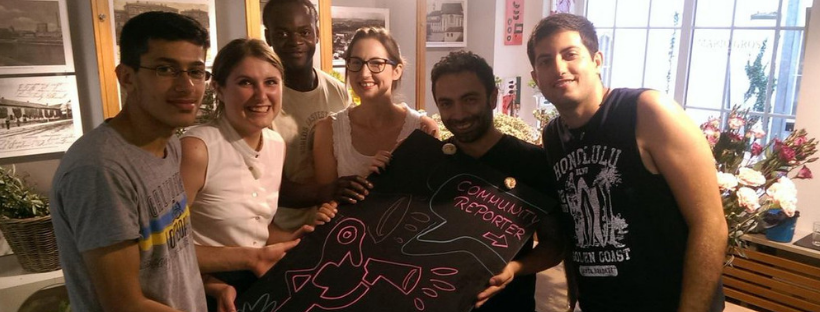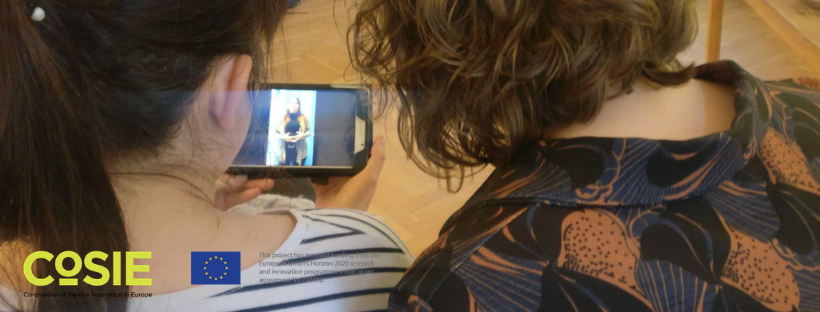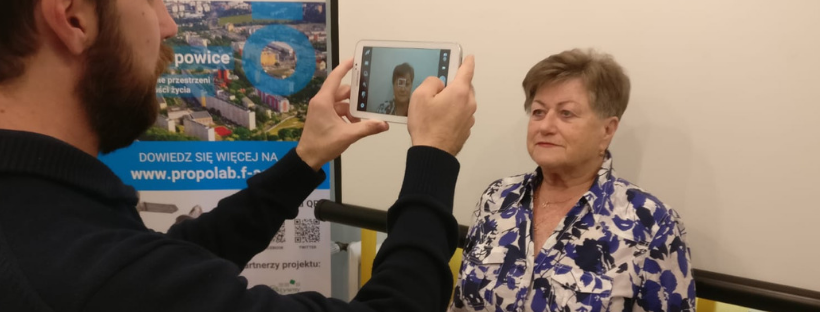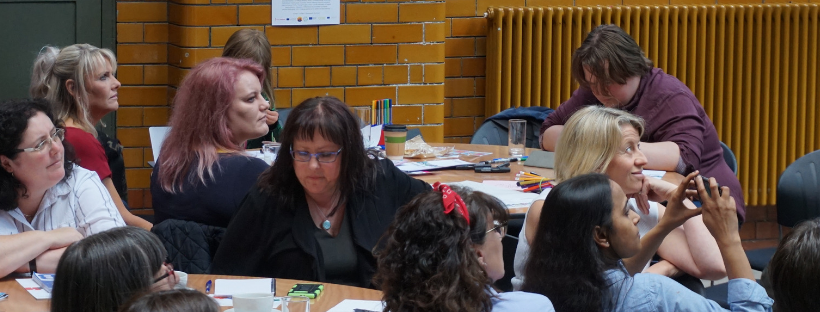WE’RE GROWING OUR TEAM!

People’s Voice Media is a value driven charity and social enterprise committed to bringing about social change from the ground-up. We do this through using Community Reporting to support people to use digital tools to tell their own stories, in their own ways. We connect the insights in these stories with decision and change makers to help people change their own world, and the world around them. Our work is across the UK and Europe.
As we grow our storytelling movement, we are looking to recruit a fixed term Operations and Project Management Lead (October 2019 and March 2020), for 2.5 days per week (£27,000 pro rota). The role will be focused on the planning, management and delivery of the organisation’s activities, including:
- managing workflows, schedules and team members across varied projects and activity streams
- producing project reports and related administration tasks
- ensuring project outputs & objectives are delivered on time and to specification
- writing travel plans and other logistics tasks
- attending and reporting at project meetings in the UK and Europe
We need someone who lives out our core values in their work. You’ll mainly be based remotely, with travel in the UK and Europe and occasional office days in Salford. You’ll need to be able to work autonomously and self-manage your workflow, whilst also being able to work with different people in collaborative ways. Caring about ‘the detail’ is essential. In return, we can offer an exciting and supportive place to work full of unique folk who are keen to experiment and learn together.
Sounds like you?
To apply, send us some info about you and what you’d bring to the role via text, audio or video and a CV (in any format) by 30thAugust to hayley@peoplesvoicemedia.co.uk.
We’ll then invite some people to meet us on 3rd or 4th September in Salford or Liverpool to give us all an opportunity to get to know each other better.



